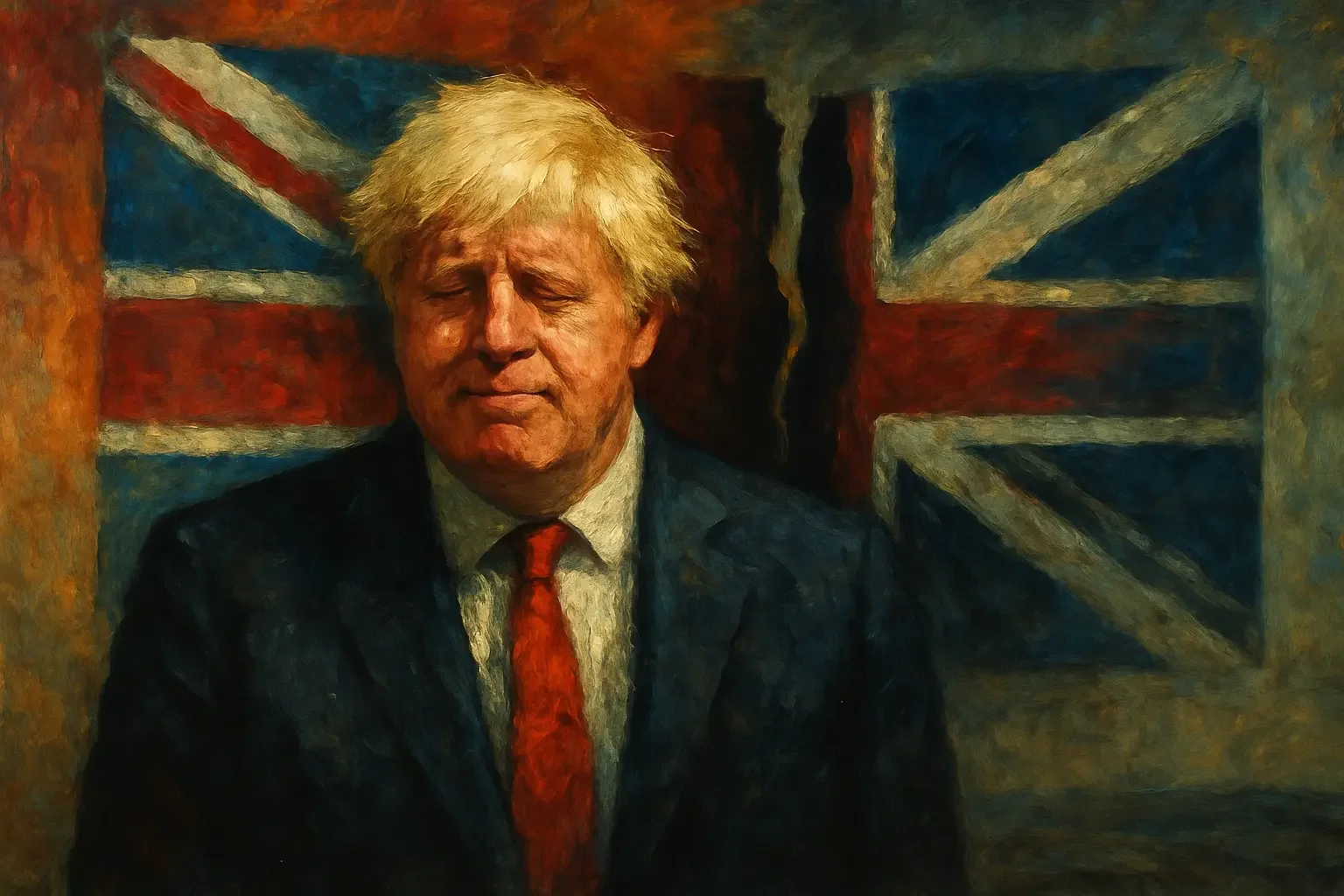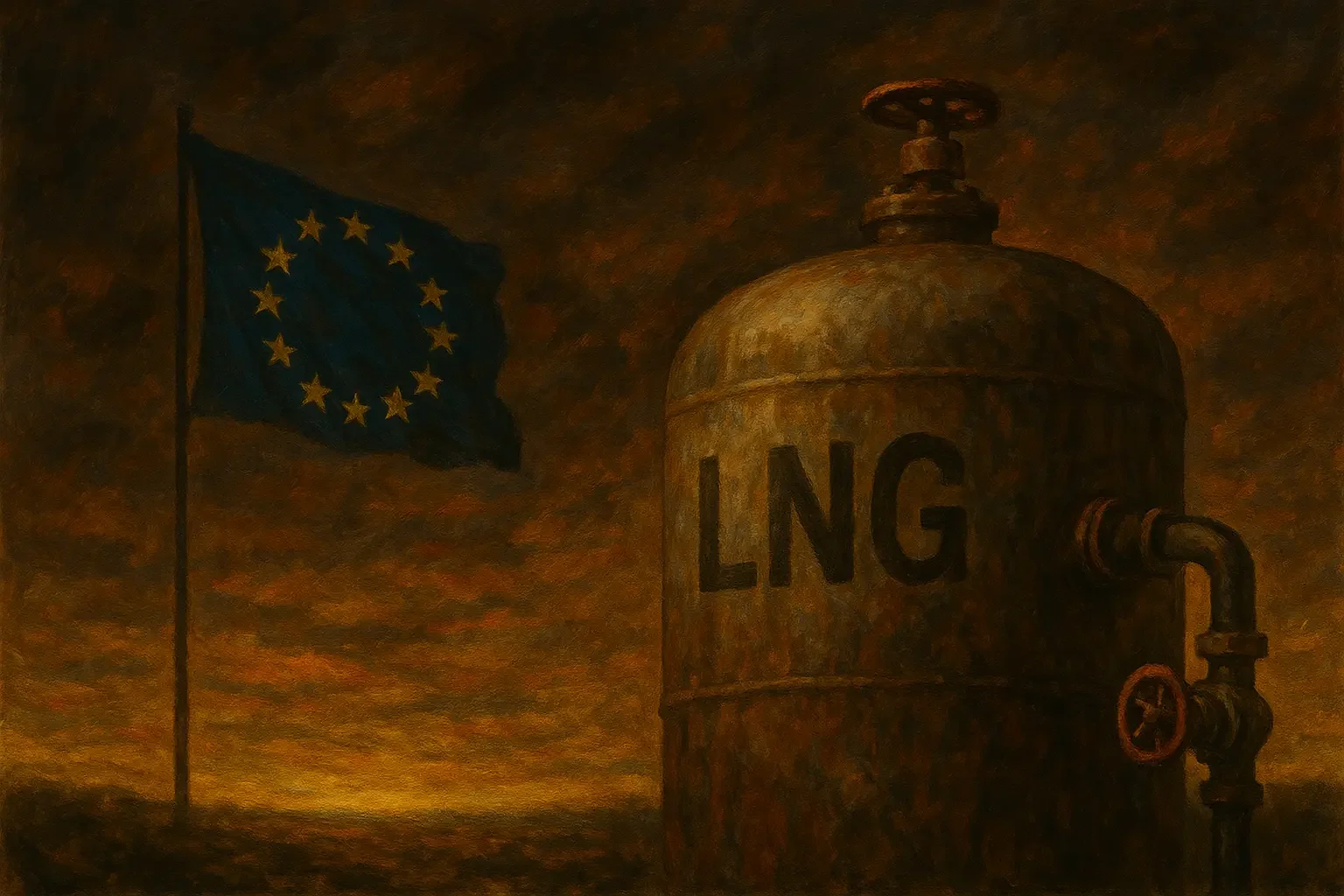Future of UK Politics
I don’t care if Boris Johnson is Prime Minister. I haven’t cared for a while and I’m not going to start now just because he now is. I think it’s safer to have him there where you can see him rather than in the shadows plotting and scheming. His blasé attitude towards his political career seems to me to be an advantage since he will try and do as little work as possible. If his stint as foreign secretary and his campaign are anything to go by, “winging it” is his de facto style. I don’t need to know about the various policies on offer to know what either candidate is going to be like in office. Johnson will win not because of what he offers, but because of who he is. As far as I’m concerned, his premiership will only be a transitional one.
A Nation in Limbo
We have reached a point of limbo in our little island’s history. Occasionally, they do make an appearance when the events are turbulent enough, and I believe the time has come for a completely new realignment in our national politics and one which, hopefully, might represent the true divisions in our nation. Every election I believe is a decision between the continuation of party policy or a revolutionary change. Although this might seem an obvious statement to make, it is not the one which those with the loudest voices ever voice. In every election, we go to vote being told by politicians that this is the most important election of our times, a saying which is now so dull, boring and repetitive, that it is no wonder why people have been switching off.
Partisans always fail to grasp the necessity for their party to lose. This is very important in all political systems and democracy has revealed that people generally seem to have the best instinct for it. The governing party doesn’t just fail, it goes stale (rhyme absolutely intended). The congealing internals of a party too long in power are diagnosed through symptoms of corruption and scandal, sleaze and cynicism, detachment and incompetence. The electorate desires a change, not because of a failed policy or campaign, but because they want something new and because something new is needed.
This has happened a few times in our history before. After the First World War, the 1920s saw the replacement of the old Liberal Party with the Labour Movement based on the growth of early 20th century socialism. Labour’s 1979 loss came after a decade of political turmoil which oversaw radical social transformation. The party it lost to was a radically fresh Conservative Party who complimented the socially liberal changes with economically liberal ones. After eighteen years in power, that party was replaced by the most radical party yet under New Labour.
The election in 2010, however, was somewhat different. It was won by the Conservatives, not by popular support, but by the megalomania of the Liberal Democrats. The coalition marked the beginning of a strong discontent and feeling of misrepresentation among the British people. The two parties had become virtually the same in all aspects but flavor and the status quo from 1997 onwards had led to the rise of a post-democratic world in which we vote but nothing changes. In 2015, the Liberal Democrats were punished. The Labour Party pushed out its Blairite leader and opted for an old radical instead of a new one. The following year, however, we saw the true lines of divisions in the country for the first time since the 1970s.
The Post-Referendum Upheaval
The 2016 referendum was a political earthquake and landslide victory for leaving the European Union. Though it was a single-issue vote, the referendum showed the true differences of perspective and outlook in the country. It also proved that our Parliament has been a lie for years as to how MPs voted was not in accordance with how the British people were feeling. This has caused one of the biggest political upheavals in the history of our country. We entered into a constitutional crisis, massive social divisions and a large minority attempting to overthrow a democratic mandate sparking, in turn, a paranoid, vindictive backlash. These have been extraordinary events which have been far beyond the normal state of politics.
Since the vote to Leave we have had a series of events which has led us to the political deadlock in which we are now. The Conservative Party’s obsession with playing politics inside itself resulted in Johnson’s shunning of responsibility for Brexit and shoving it over to May just to save face. Theresa May, clearly not in a position which suited her, called a general election and, through her appalling campaign, lost serious credibility. We had a series of parliamentary votes in which nothing has been decided and subsequently we have run begging to the European Union for more time. It is obvious more so than ever that this current and parliament are not fit for purpose.
But the lurking alternative across the floor is the fibrous monstrosity of the Labour Party. Corbyn’s tenure has seen the transformation from the noble, democratic socialist movement of the pre-war world into a corrupted, sinister and anti-Semitic organization. Behind the calls for economic justice (or lunacy), a dark far-left movement has gripped the party. It’s disturbing to think that a party to which I used to belong has been so defiled. As far as I’m concerned, this party and the consequences which it might bring socially – not to mention economically – is one of the chief reasons why this whole situation is that much more complicated.
A Predicted Realignment
I believe that both the Conservative Party and the Labour Party are dying – if not already dead. People no longer identify themselves with a party as their salient political position, but what they voted in 2016. Leave and Remain were a glimpse of what is the real divide in the country. The European elections earlier this year saw a six-week-old party, the Brexit Party, win. This doesn’t happen in ordinary politics. The Liberal Democrats are becoming the mainstream opposition party of choice for Remainers.
What my hope and prediction are that very soon we shall have two, fresh political parties. A Johnson-led Conservative will need the Brexit Party in order to keep office and the policies of each will become so similar that they will merge as one: a National Party. This is desirable since we need the revolutionary stance of the Brexit Party combined with the pragmatism and experience of the Conservatives. If egos are left aside, a new Liberal-Progressive Party will take the place of the Labour Party as the opposition. The former will be a post-Leave party, broadly representing Leaver voters and their positions: anti-globalism, classically liberal/libertarian, socially conservative and pro-American. The latter shall be the same for Remain voters: cosmopolitan, progressive, socially democratic and pro-Europe. The populist left will split, and thus ending Labour, into two: the older faction to the post-Leave party and the younger faction towards a post-Remain party.
All of this won’t take place until Brexit is resolved and a general election is called. I don’t know whether it’s too early and that the divisions are as entrenched as they should be by now, but I am confident this is the future of our politics. The people deserve genuine representation, rather than the false choice we are given today. We are floundering still because it’s not quite there yet, but maybe after a general election, it’ll start to materialize. All I know is, that I still won’t be voting for either.




